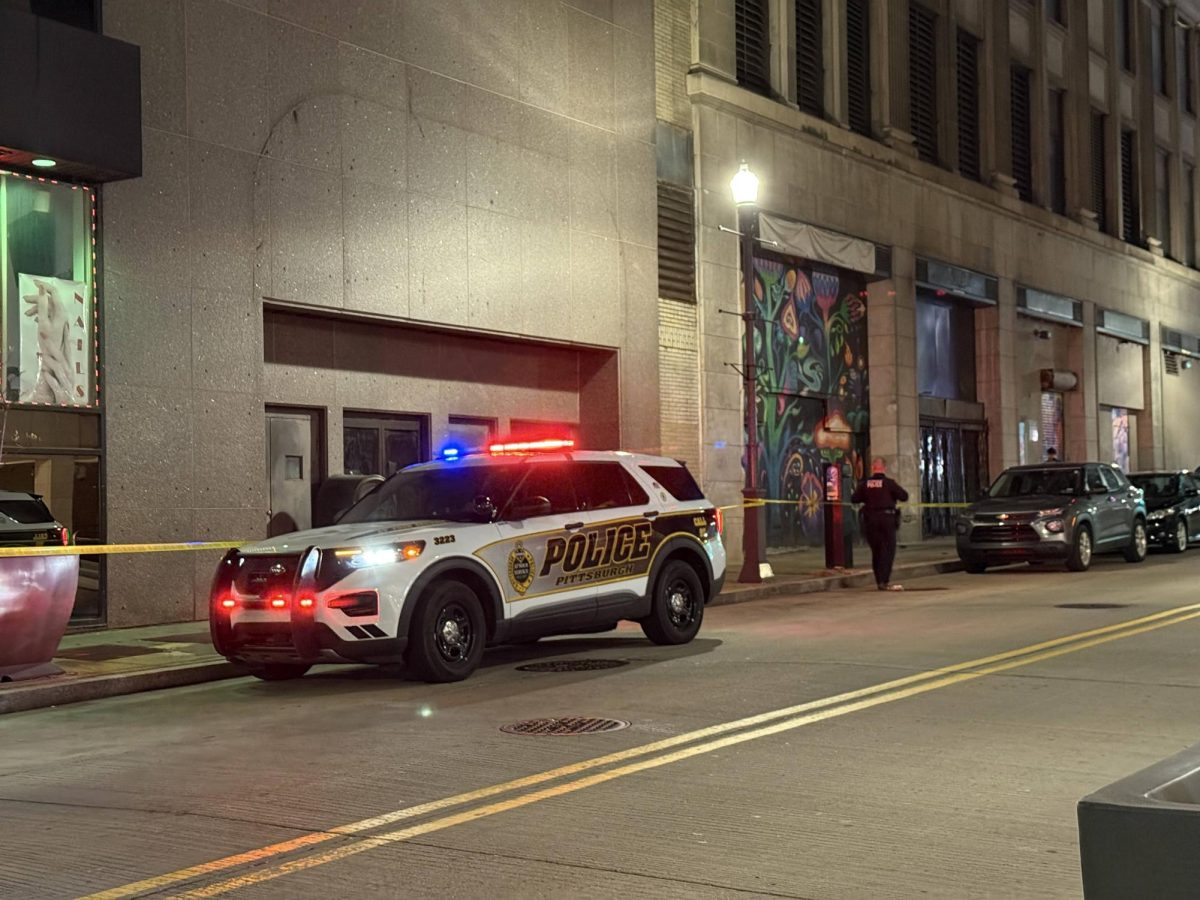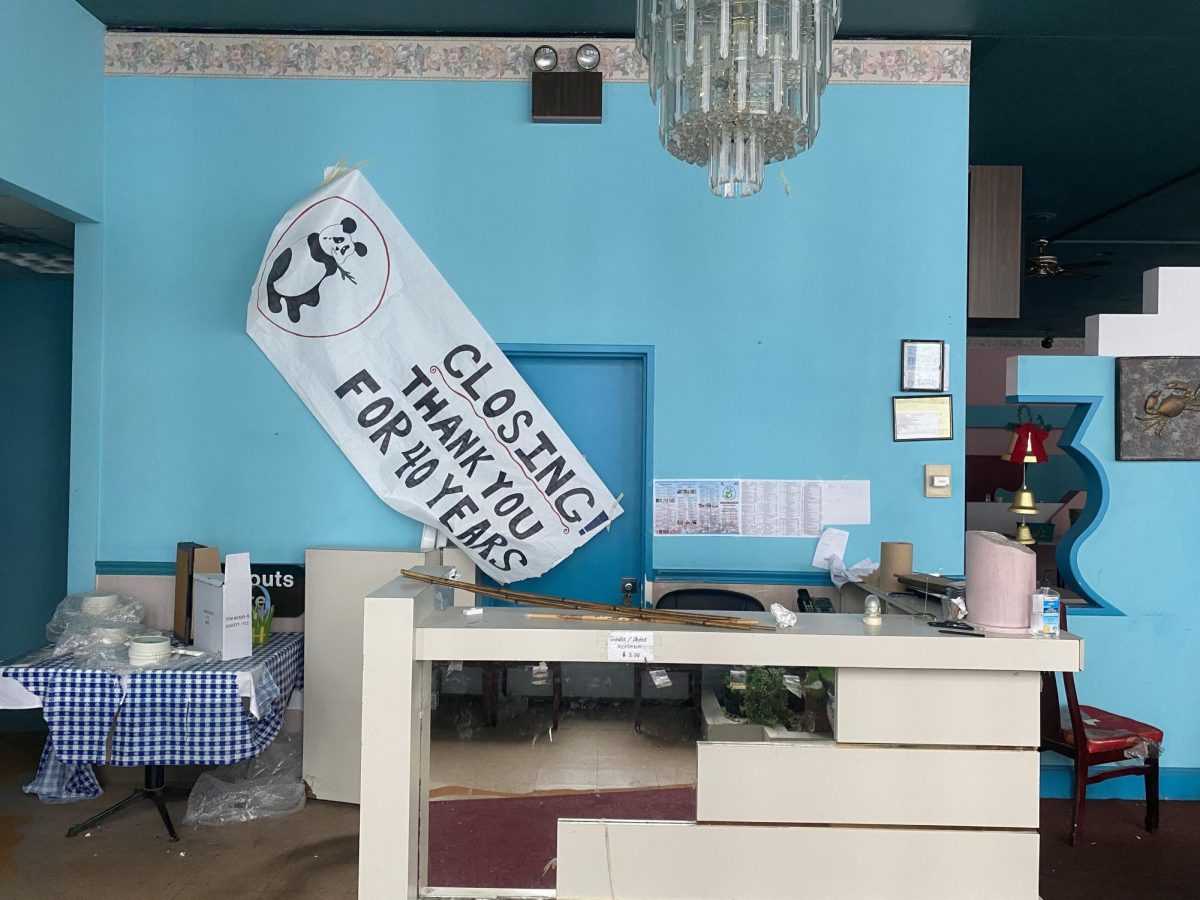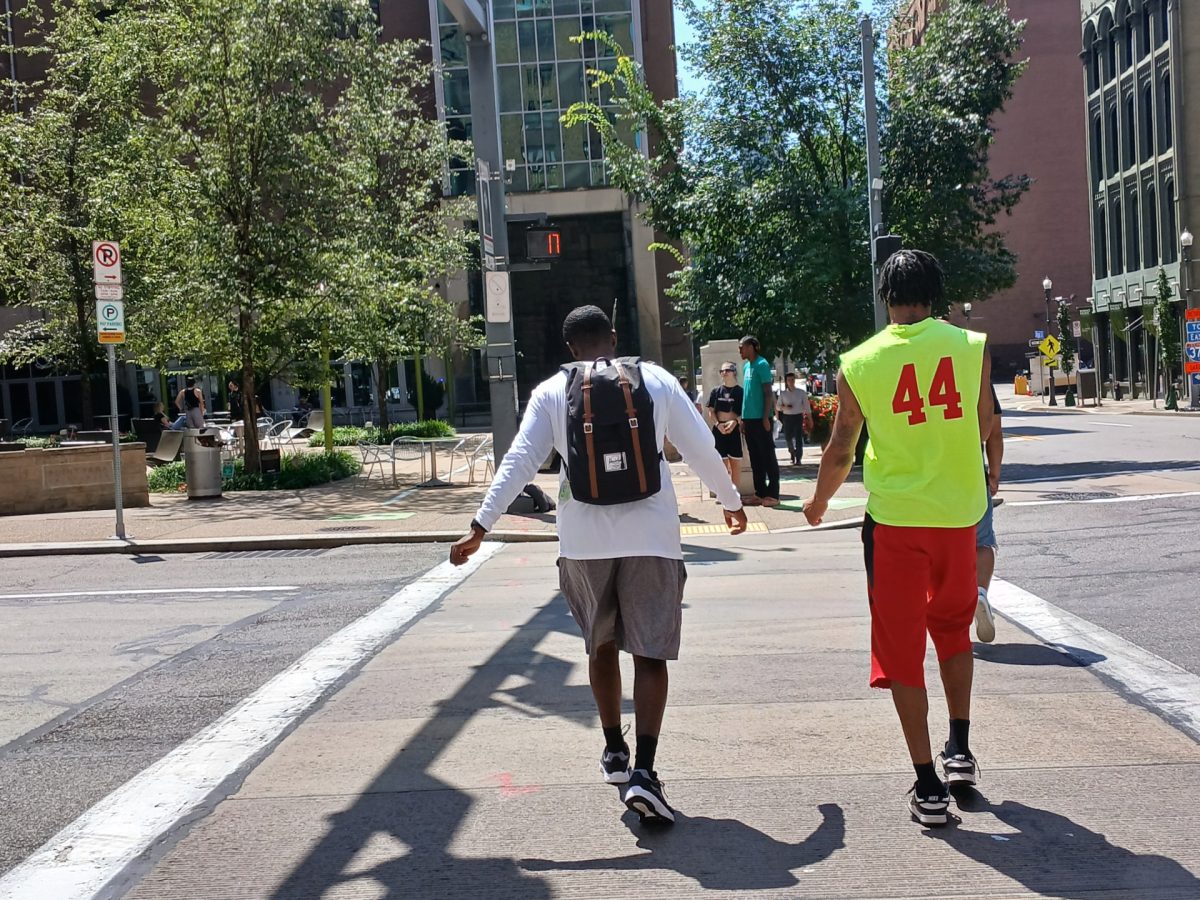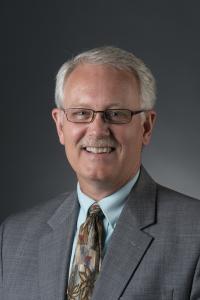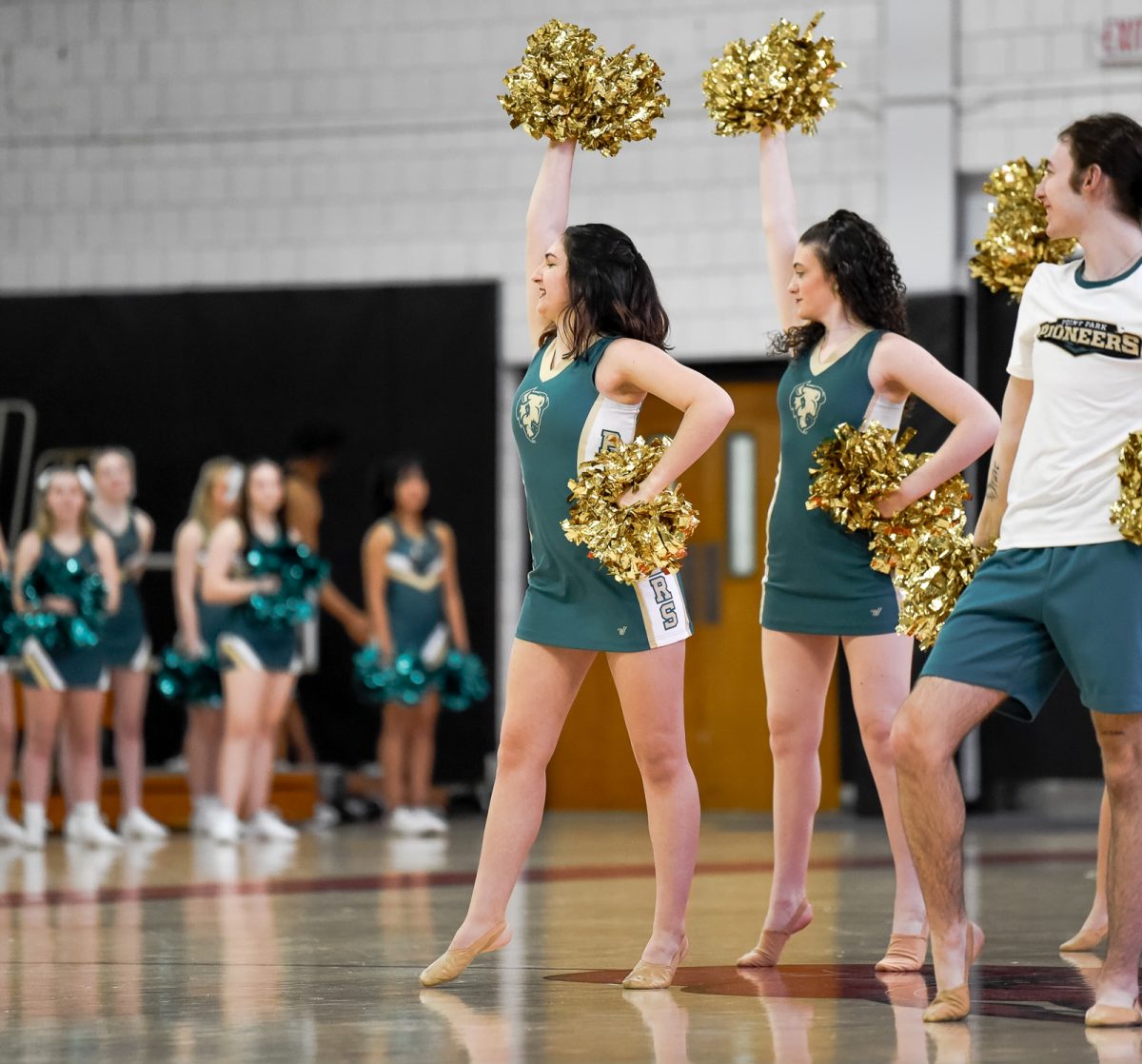This Monday in the monthly faculty assembly meeting, several changes were made to the global cultural studies program, which will now be an international studies major.
“The focus is still the same, and that focus is a critical examination of global processes from a political economy perspective,” Robert Ross, professor of social justice studies and community engagement and who worked on the proposal, said in the meeting. “We felt based on our research that global cultural studies was not attracting students; they didn’t know what it was.”
Ross also said that the international relations major will also include sociology and international environmental classes. Some classes will also have new titles and have updated course descriptions.
“The world changes, so I would hope that any global or international studies program over the course of 15 years would change the courses that are being offered,” Ross said.
Tatyana Dumova, professor of communication, brought up some concerns about the proposal.
“While I support the renaming due to the circumstances, I believe that there are certain lessons to be learned,” Dumova said, citing a 2018 lawsuit made against the university by former chair of the darpertment of humanities and social sciences Channa Newman on claims of statutory discrimination and retaliation relating to her Jewish heritage.
The new changes to the program passed with a vote of 34 to 20.
Also dicussed in this faculty meeting included a new major proposal to the School of Continuing and Professional Studies, a sixth school created last fall directed towards non-traditional students coming to Point Park with prior higher education experience.
The new major would be called applied and professional studies. Many faculty felt that this was too similar to the school’s current interdisciplinary studies major.
“What would dissuade any students from going into this program because of its tremendous flexibility?” Marion Dixon, professor of sociology, said.
Kirsten Hanley, professor of composition and rhetoric, said her concern lies more with administration long-term.
“I feel like I have been placed on me a lot to ensure that our existing programs are fully cohesive and meaningful,” Hanley said. “Why are we applying this level of rigor to our existing programs to keep them viable and here, but then we are seeking students who are needing more flexibility and construcintg a degree with whatever it is that they are coming in with?”
Sean Martin, professor of criminal justice and intelligene and head of this proposal, said the main goal was to appeal to a new demographic of students and “fall in line with the new strategic plan” led by president Chris Brussalis.
“We have seen a great increase in our online programs,” Martin said. “This won’t take away from any majors… Our purpose is still the same to refer students to programs that best align with their goals.”
The proposal did not pass with a vote of 23 to 35.
Martin said he plans to meet with more faculty to create a more detailed plan for the major.
The faculty also approved a certificate in dance education at the undergraduate level. This certificate was approved at the graduate level earlier in the semester. For more information on this certificate, you can reach out to your academic advisors.
The next faculty assembly meeting with be the first Monday of the month in February.





